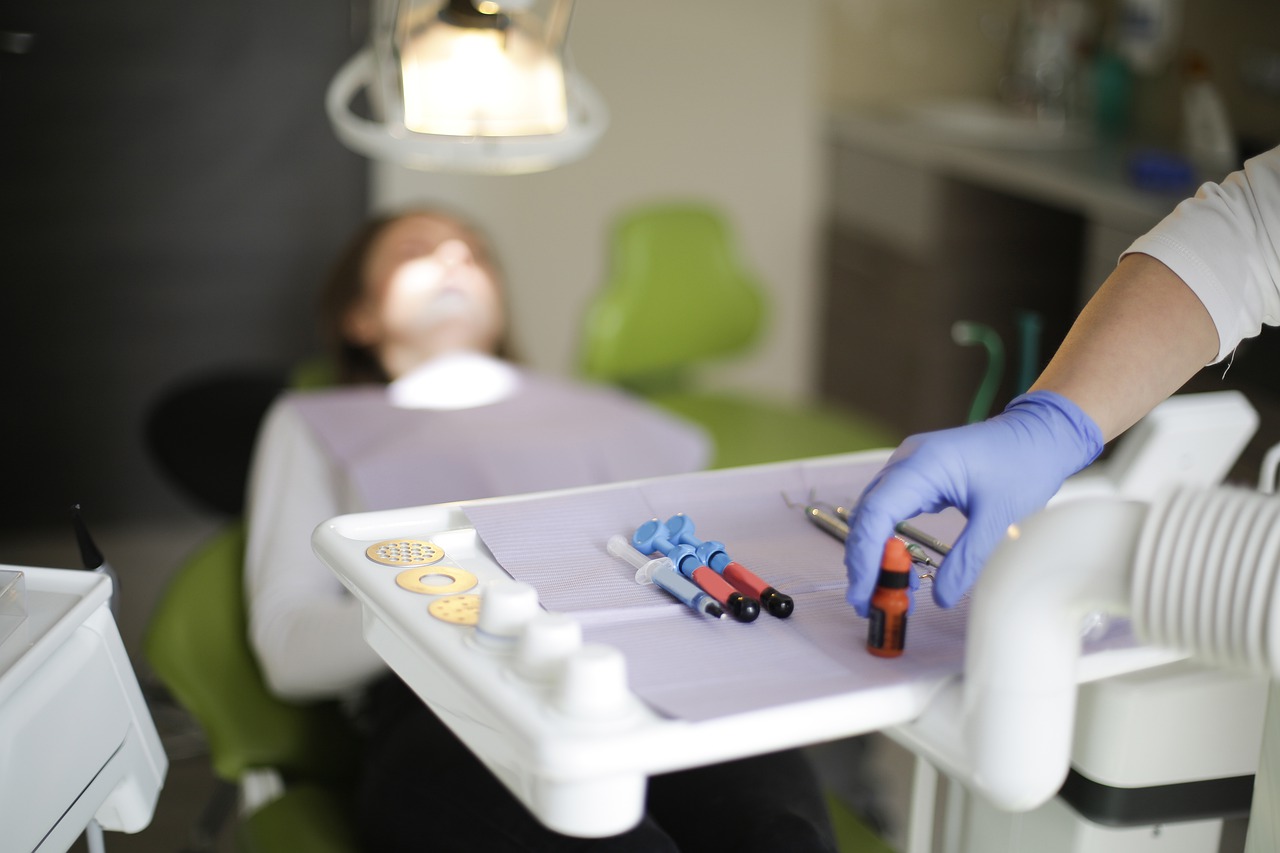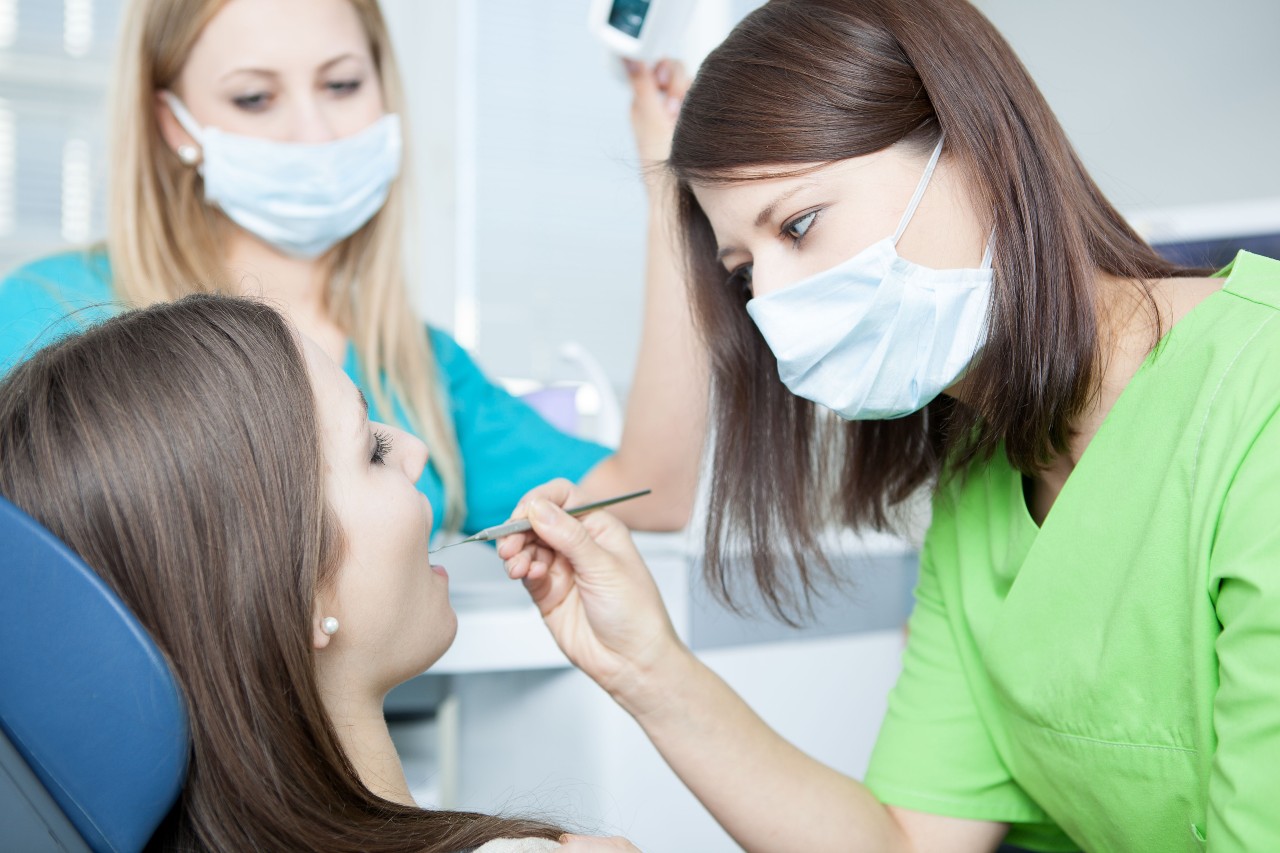Teeth Whitening treatments are popular for patients that have tooth discoloration, or for those that just want a brighter smile. Whitening your teeth can be done safely and there are several options to choose from. If the directions are followed patients can successfully whiten their teeth with no side effects. Teeth whitening boosts self-confidence, can change a patient’s smile quickly, and make you feel great.
What Are My Options for Teeth Whitening?
If you have decided to whiten your teeth there are a few options to choose from. We offer teeth whitening treatments in our office, and this typically is a faster way to get the results you desire. We also offer a treatment you can take with you and whiten in the convenience of your own home.
Both options give great results patients are happy with. In addition to those two options there are over the counter whitening treatments that can help you whiten your teeth. Part of the evaluation process is to take a good look at your teeth and the level of discoloration, your age, and dental history to help you decide what treatment options will work best.
What Are Common Side Effects With Teeth Whitening?
Teeth whitening is perfectly safe, but there are a few side effects that patients can experience.
Teeth Sensitivity
When you whiten your teeth the product gets deep into the tooth enamel. In some cases patients can experience sensitivity after teeth whitening treatments. We may recommend you use a sensitive type tooth paste to help with any sensitivity after whitening.
Irritated Gums
Gum irritation is another common issue when patients decide to whiten your teeth. In some cases patients are sensitive to the whitening treatment. This typically goes away after your treatment is complete.
Whitening treatments can be done periodically to keep teeth looking bright white. Whitening treatments are for patients with natural teeth. If you have implants, crowns, bridges, or dentures and want to whiten your teeth, we recommend scheduling a consultation to discuss your options. If you suffer from many cavities we recommend those are treated before any whitening treatment begins. Depending on each case we can help determine if teeth whitening is right for you.
How To Keep My Teeth Looking White
There are things you can do at home to help keep your teeth looking bright white. Avoiding food and beverages that may stain your teeth like coffee, tea, or red wine. If you do eat or drink something that may stain your teeth it is a good idea to rinse or brush right afterwards to help decrease staining.
Looking To Whiten Your Teeth?
Teeth whitening is a great way to give you a bright white smile. Whitening your teeth is safe and easy, and does not cause many side effects or issues. Scheduling a consultation with our team to examine your teeth and discuss your goals is a great way to start the process. Our skilled professionals will help you decide what treatment is best, and help get you on the road to a brighter smile.
If you are interested in scheduling a consultation to find out if teeth whitening is right for you, contact our office and our staff will be happy to assist you.









